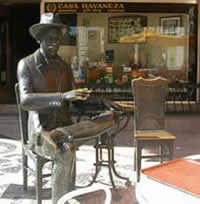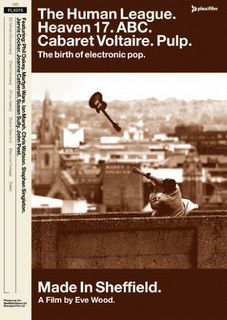
American Psycho: Killer Collector Edition should be a necessary part of any well-to-do Wall Street Vice President DVD collection. If you don't fit that category and are a bartender, artist, homeless person, or other pointless individual, than I would like to a) stab you in the face and play with your blood and b) recommend this movie to you as well. No film delves into the pathological mentality of the elite in American culture with as much irony, sardonic humor progressive shifts of brilliance and ridicule as American Psycho.






